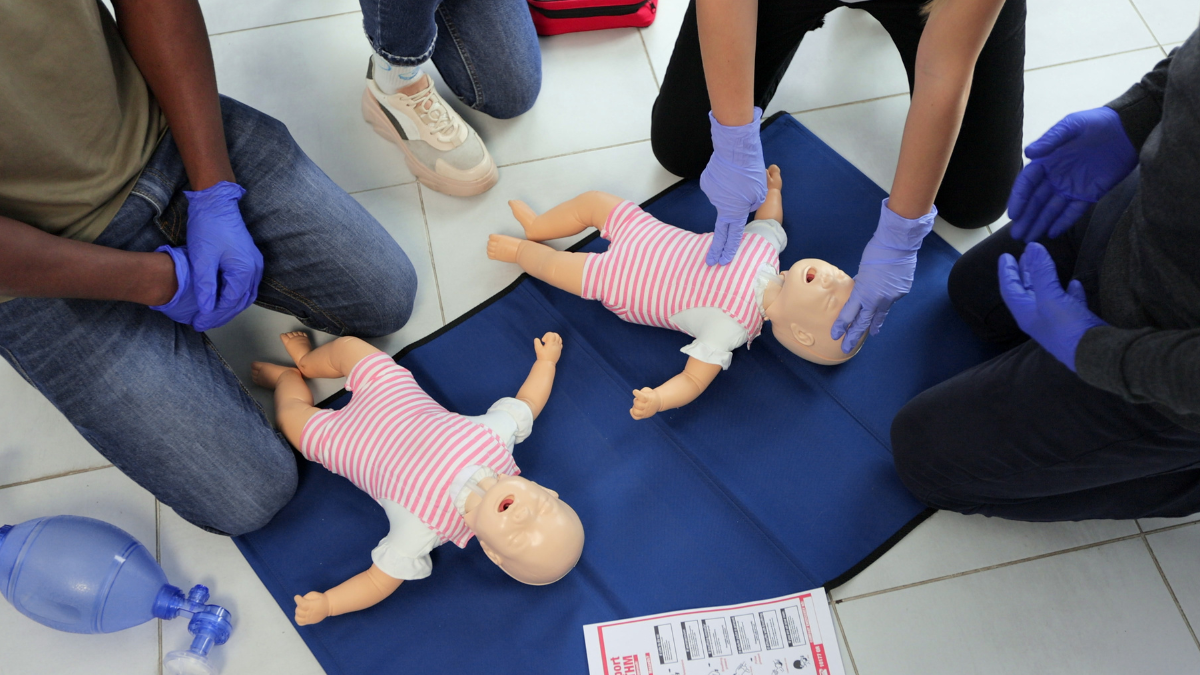Sure Start centres were established in the late 1990s by the Labour government with the goal of providing support and resources to families with young children. The initiative was intended to reduce inequality, provide access to services and education, and improve children’s health and development.
Sure Start centres were designed to be community-based facilities, offering a wide range of services to families with children under the age of five. They aimed to provide access to high-quality education, healthcare, and other resources, regardless of a family’s income or background.
The services offered by Sure Start centres included:
- Parenting classes
- Breastfeeding support
- Speech and language therapy
- Childcare and early education
- Mental health services for parents and children
- Playgroups and parent and toddler groups
Sure Start centres were particularly crucial for families in low-income areas, as they helped to level the playing field and ensure that all children had the best possible start in life. By providing access to education, healthcare, and other resources, these centres could help to reduce inequality and ensure that all children had the opportunity to reach their full potential.
Unfortunately, budget cuts have led to the closure of hundreds of Sure Start centres across the UK. According to research by the Sutton Trust, more than 1,000 Sure Start centres have closed since 2009, and over 60% of those that remain have had their budgets reduced. These cuts have had a particularly significant impact on low-income families, who often rely on these centres for support and resources.

The impact of budget cuts on Sure Start centres
The Conservative government implemented significant budget cuts across the public sector after coming to power in 2010. These cuts had a significant impact on Sure Start centres, which were funded by local authorities.
In some areas, local authorities were forced to close Sure Start centres or reduce their budgets in response to the funding cuts. According to research by the Sutton Trust, the areas that experienced the largest cuts to Sure Start budgets were those with the highest levels of child poverty.
The impact of these cuts has been significant. According to research by the Institute for Fiscal Studies, the closure of Sure Start centres in disadvantaged areas led to a decline in children’s development at age 5. This decline was particularly pronounced in language and communication skills, which are essential for success in school and later life.
The impact of Sure Start centre closures on low-income families
The closure of Sure Start centres has had a significant impact on low-income families across the UK. These centres were designed to provide support and resources to families who may not otherwise have access to them. By providing access to high-quality education, healthcare, and other resources, Sure Start centres could help to reduce inequality and ensure that all children had the opportunity to reach their full potential.
The closure of Sure Start centres has meant that many families no longer have access to these essential services. For example, many low-income families rely on Sure Start centres for parenting classes, which can help to support parents and improve their parenting skills. Without access to these classes, parents may struggle to provide the best possible care for their children.
Similarly, many families rely on Sure Start centres for speech and language therapy, which can be crucial for children with communication difficulties. Without access to these services, children may struggle to develop the skills they need to succeed in school and later life.

The impact of Sure Start centre closures on child poverty
The closure of Sure Start centres has had a significant impact on child poverty in the UK. Sure Start centres were designed to provide support and resources to families in low-income areas, with the goal of reducing inequality and improving outcomes for children.
The closure of these centres has meant that many families no longer have access to these essential services, which can help to support children’s development and improve their chances of success in later life. This lack
of support and resources can lead to a cycle of poverty, where children from low-income families are unable to reach their full potential and are more likely to experience poverty as adults.
According to a report by the Joseph Rowntree Foundation, child poverty has increased significantly in the UK since the closure of Sure Start centres. The report found that the closure of these centres had led to a reduction in access to support and resources for families in low-income areas, which in turn had led to an increase in child poverty.
The report also found that the closure of Sure Start centres had led to a reduction in social mobility, as children from low-income families were less likely to achieve their full potential without access to the resources and support provided by these centres.
“The closure of Sure Start centres will have a lasting impact.”
Many experts have spoken out about the closure of Sure Start centres and the impact that these closures have had on low-income families in the UK.
Dame Clare Tickell, the former CEO of Action for Children, has stated that “the closure of Sure Start centres will have a lasting impact on some of our most vulnerable children and families”. She argues that these centres were essential for providing support and resources to families in low-income areas, and that their closure has left many families without access to these essential services.
Professor Sir Michael Marmot, the Director of the Institute of Health Equity, has also spoken out about the closure of Sure Start centres. He argues that these closures have had a significant impact on child poverty and social mobility in the UK, and that they represent a failure to invest in the future of our society.
So what can be done to support low-income families?
The closure of Sure Start centres has highlighted the need for greater investment in support and resources for low-income families in the UK. To address this issue, a number of initiatives have been proposed, including:
Investing in early education and childcare: High-quality early education and childcare can provide children with a strong foundation for future success. By investing in these areas, we can help to reduce inequality and ensure that all children have the opportunity to reach their full potential.
Supporting parents: Parenting support can be crucial for families in low-income areas. By providing access to parenting classes and other resources, we can help to support parents and improve their parenting skills.
Improving access to healthcare: Access to healthcare is essential for children’s development and wellbeing. By improving access to healthcare services in low-income areas, we can help to ensure that all children have access to the support and resources they need.
Investing in community-based initiatives: Community-based initiatives, such as Sure Start centres, can play a crucial role in supporting low-income families. By investing in these initiatives, we can help to reduce inequality and ensure that all families have access to the support and resources they need.
Investment is key
The closure of Sure Start centres has had a significant impact on low-income families in the UK. These centres were designed to provide support and resources to families in need, with the goal of reducing inequality and improving outcomes for children. The closure of these centres has meant that many families no longer have access to these essential services, which can have a lasting impact on children’s development and wellbeing.
To address this issue, we need to invest in early education and childcare, support parents, improve access to healthcare, and invest in community-based initiatives. By doing so, we can help to reduce inequality, support low-income families, and ensure that all children have the opportunity to reach their full potential.



No comments yet. Be the first one to leave a thought.